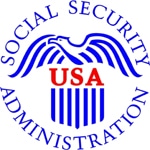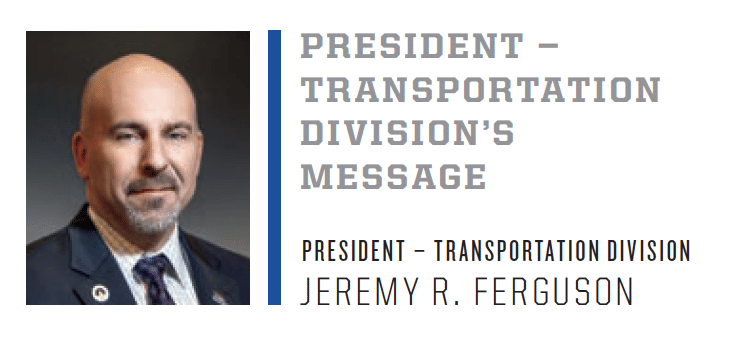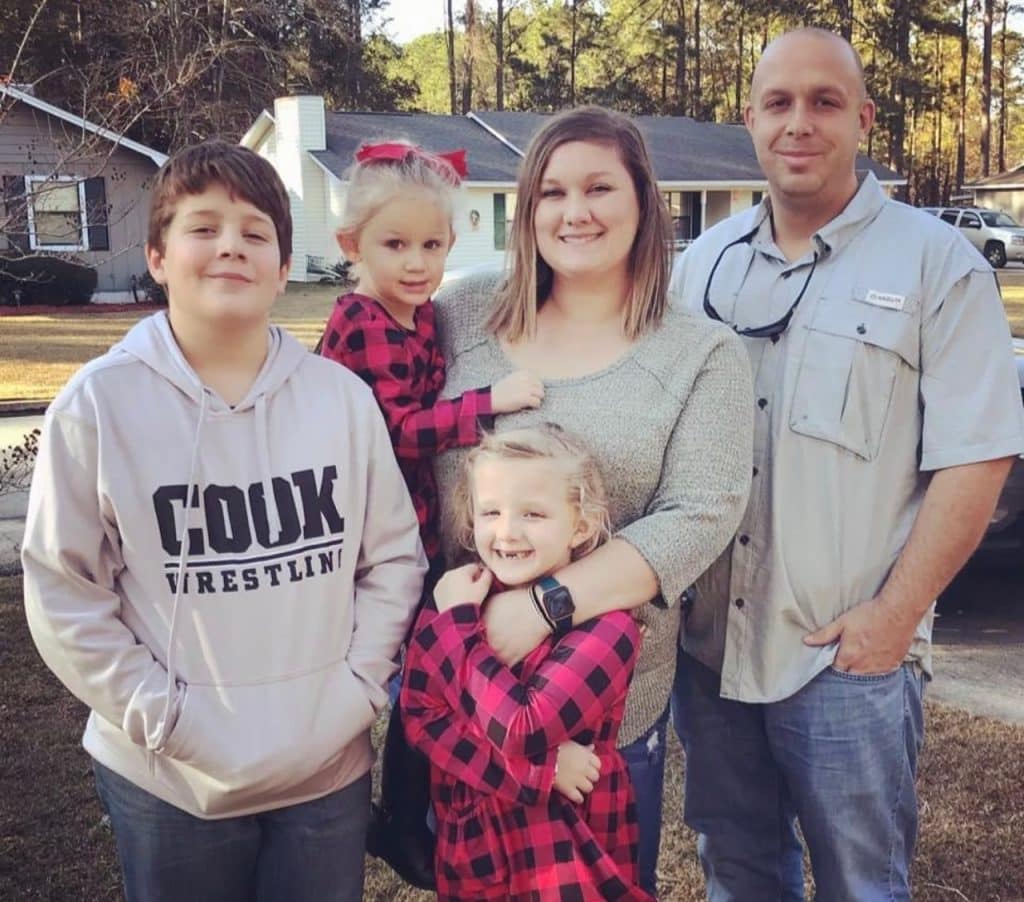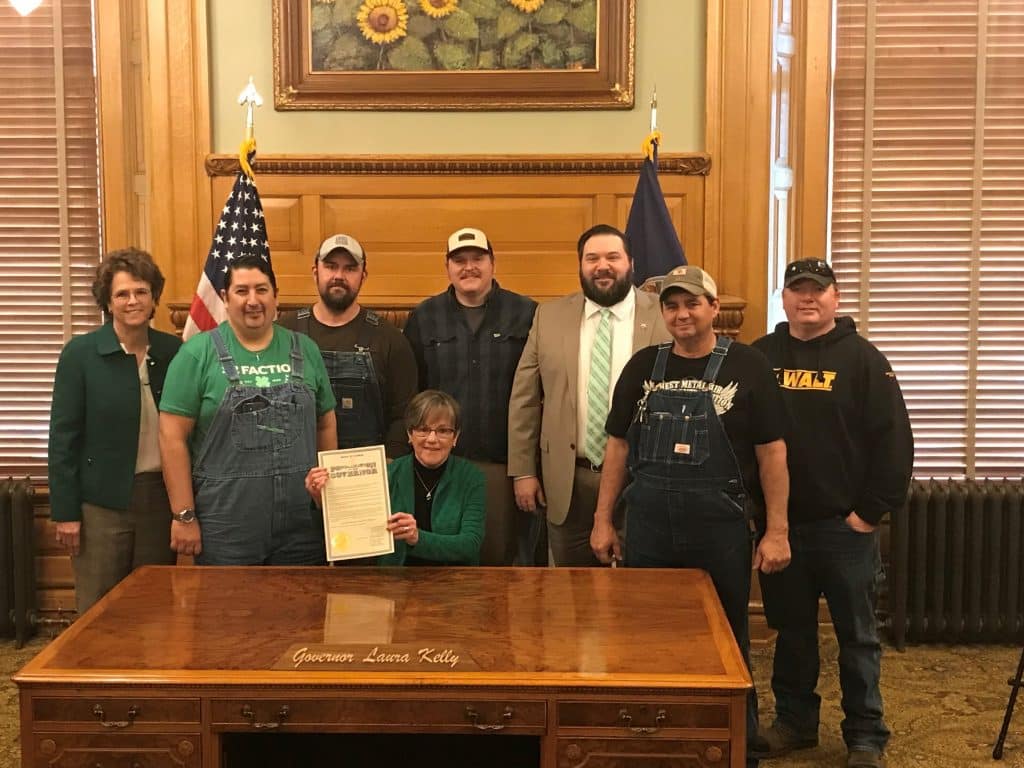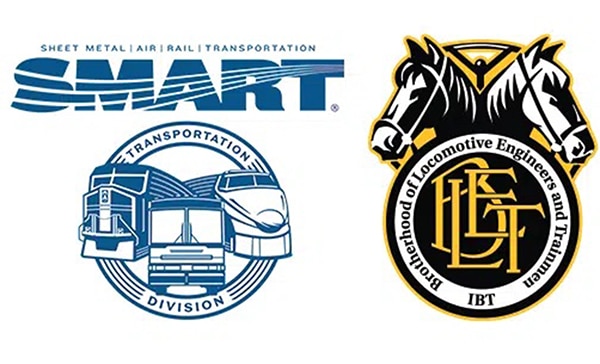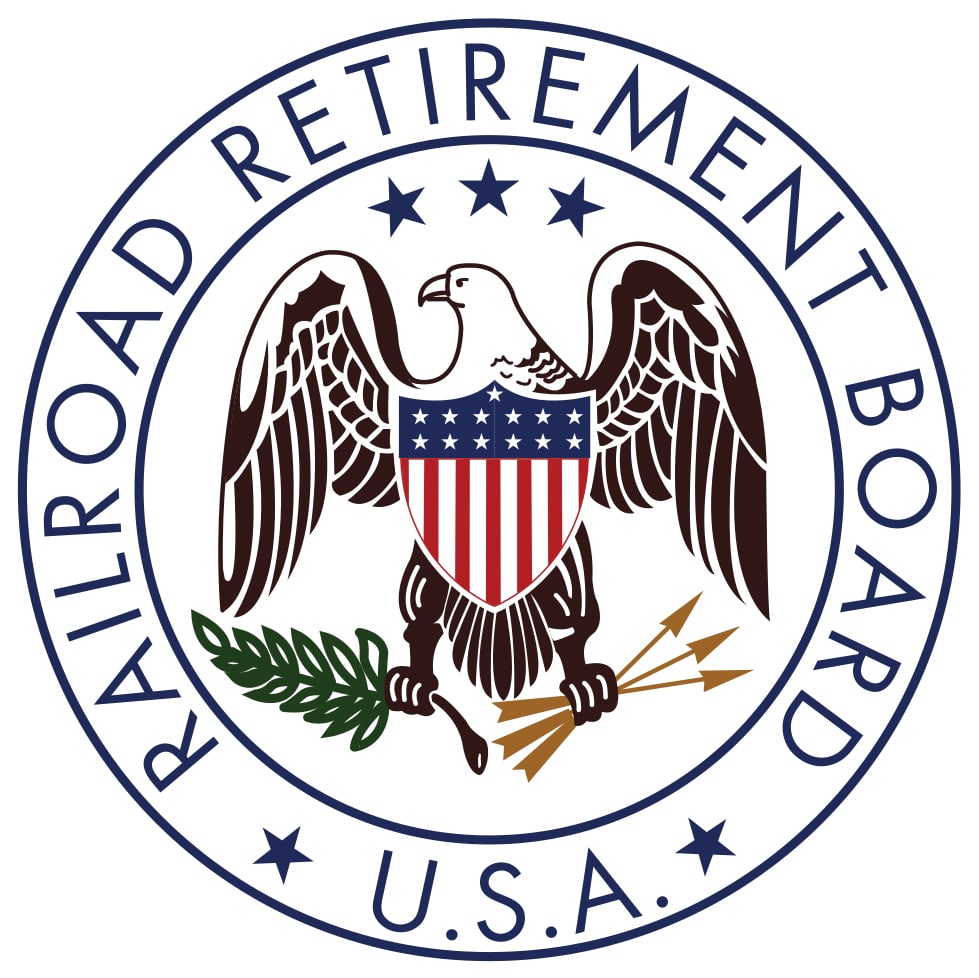
Railroad Retirement annuitants subject to earnings restrictions can earn more in 2023 without having their benefits reduced due to increased limits indexed to average national wage increases.
Like Social Security benefits, some Railroad Retirement benefit payments are subject to deductions if an annuitant’s earnings exceed certain exempt amounts. These earnings restrictions apply to those who have not attained full Social Security retirement age. For employee and spouse annuitants, full retirement age varies depending on an individual’s year of birth, and is age 67 for those born after 1959. For survivor annuitants, full retirement age also varies, and is age 67 for those born after 1961.
For those under full retirement age throughout 2023, the exempt earnings amount rises to $21,240 from $19,560 in 2022. For beneficiaries attaining full retirement age in 2023, the exempt earnings amount, for the months before the month full retirement age is attained, increases to $56,520 in 2023 from $51,960 in 2022.
For those under full retirement age, the earnings deduction is $1 in benefits for every $2 of earnings over the exempt amount. For those attaining full retirement age in 2023, the deduction is $1 for every $3 of earnings over the exempt amount in the months before the month full retirement age is attained.
When applicable, these earnings deductions are assessed on the Tier I portion of Railroad Retirement employee and spouse annuities, and the Tier I and Tier II portions of survivor benefits.
All earnings received for services rendered, plus any net earnings from self-employment, are considered when assessing deductions for earnings. Interest, dividends, certain rental income or income from stocks, bonds or other investments are not considered earnings for this purpose.
Retired employees and spouses, regardless of age, who work for their last pre-retirement non-railroad employer are also subject to an additional earnings deduction, in their Tier II and supplemental benefits, of $1 for every $2 in earnings up to a maximum reduction of 50%. This earnings restriction does not change from year to year and does not allow for an exempt amount.
A spouse benefit is subject to reduction not only for the spouse’s earnings, but also for the earnings of the employee, regardless of whether the earnings are from service for the last pre-retirement non-railroad employer or other post-retirement employment.
Special work restrictions continue to be applicable to disability annuitants in 2023. The monthly disability earnings limit increases to $1,150 in 2023 from $1,050 in 2022.
Regardless of age and/or earnings, no Railroad Retirement annuity is payable for any month in which an annuitant (retired employee, spouse or survivor) works for a railroad employer or railroad union.
